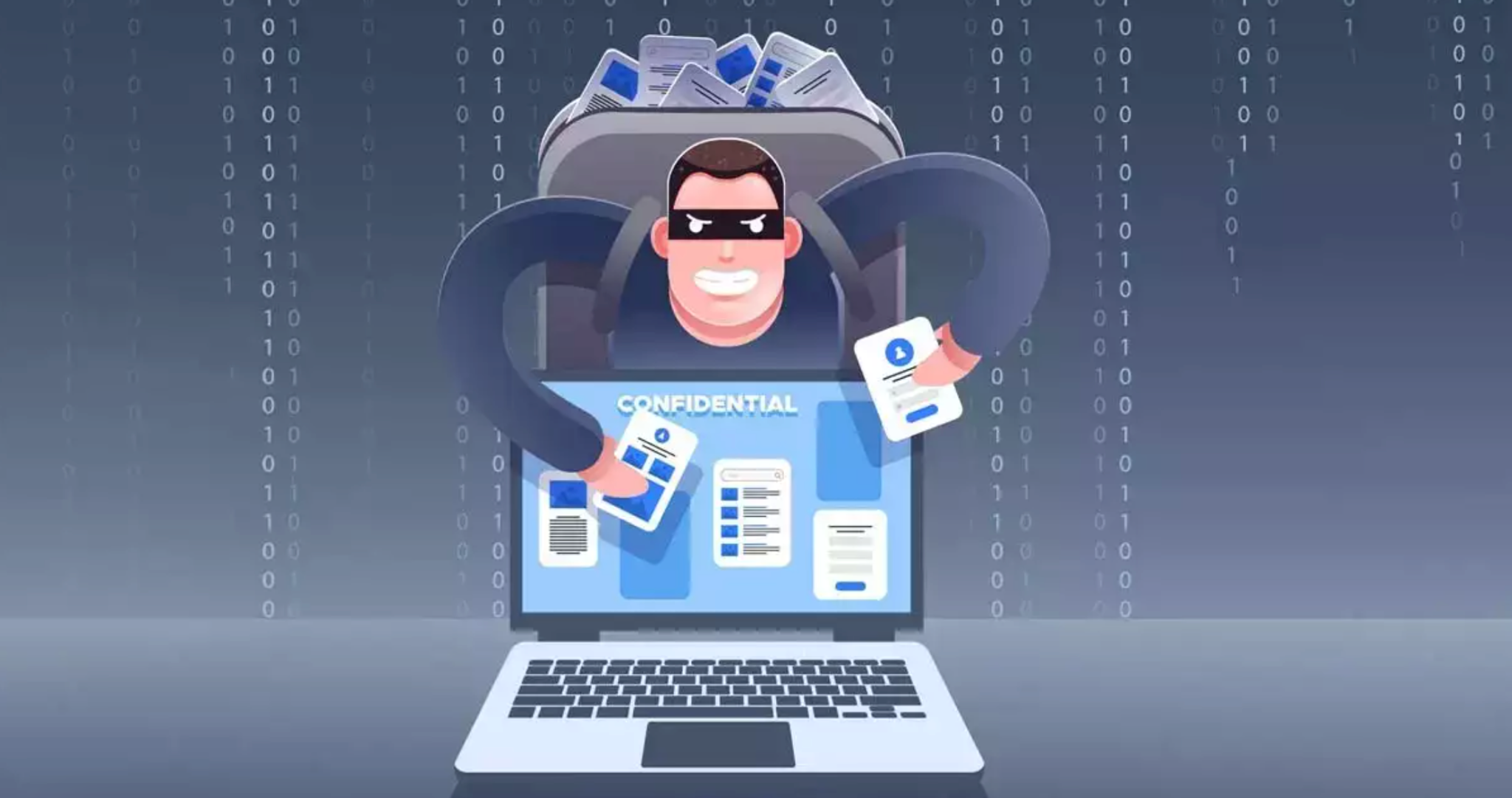Digital Arrest

- 16 May 2024
Why is it in the News?
With the cases of extortion and ‘digital arrest’ frauds on the rise, the Indian Cyber Crime Coordination Centre (I4C) working under the Union Ministry of Home Affairs issued an advisory asking the citizens to be alert about such frauds.
What is ‘Digital Arrest’?
- ‘Digital arrest’ is a new and innovative tactic employed by cybercriminals to defraud gullible victims and extort money.
- The modus operandi in this cybercrime method is that fraudsters pose as law enforcement officials such as police, Enforcement Directorate, and CBI, among others, and manipulate them into believing that they have committed some serious crime.
- The cyber fraudsters deceive the victim into believing that he or she has been put under ‘digital arrest’ and will be prosecuted if they do not pay the scamsters a huge amount of money.
- The fraudster often uses the tactic of instilling fear and a sense of urgency in the victims, ensuring they part with their money before realizing it's a scam.
- The cyber criminals often force the naive victims to self-arrest or self-quarantine themselves, by tricking them into believing that they have been put under ‘digital arrest’ and cannot leave their house unless they pay up.
Modus Operandi of Digital Arrest Scams:
- Initial Engagement: Fraudsters initiate contact with unsuspecting individuals through various digital communication channels, such as phone calls, WhatsApp, or Skype.
- Fear and Urgency Manipulation: The scammers employ psychological tactics to instil fear and a sense of urgency in their victims.
- They present fabricated evidence and falsely claim that the victim is embroiled in criminal activities or is facing an imminent arrest warrant.
- Elaborate Scams: To enhance the legitimacy of their scheme, the scammers create elaborate setups, including simulated police stations, virtual interrogations, and video calls with individuals posing as senior police officers.
- Layered Interrogations: Victims are subjected to multiple rounds of “interrogations,” with the scammers assuming different roles, such as a “constable,” a “sub-inspector,” and finally a “DCP-level officer.”
- This layered approach aims to convince victims of the gravity of the situation and increase their susceptibility to the scam.
- Financial Exploitation: Under the imminent threat of arrest, victims are coerced into transferring substantial sums of money into designated accounts.
- The scammers deceitfully claim that these funds are necessary to clear the victim’s name or resolve the alleged criminal charges.
Actions Taken by the Centre:
- Intelligence agencies have determined that the incidents are part of a coordinated online economic crime network operated by transnational crime syndicates.
- The Indian Cyber Crime Coordination Centre (I4C), overseen by the Ministry of Home Affairs, has collaborated with Microsoft to block over 1,000 Skype IDs associated with such illicit activities.
- Additionally, efforts are underway to block SIM cards, mobile devices, and "mule" accounts utilized by cybercriminals.
- Money mules, also known as "smurfers," are individuals unwittingly used by fraudsters to launder stolen or illegal money through their bank accounts.
- Following reports of such incidents, these individuals often become the focus of police investigations due to their involvement, as highlighted in a security advisory by HDFC Bank.
- The Home Ministry is collaborating with other ministries, their agencies, the Reserve Bank of India (RBI), and various organizations to combat these criminal activities.
- I4C is actively providing technical support and inputs to the police forces of states and union territories to identify and investigate cases.
- I4C has leveraged its social media platform Cyberdost, along with its presence on platforms like Twitter, Facebook, and Instagram, to disseminate infographics and videos aimed at raising awareness about cybercrime.
- Citizens are urged to remain vigilant and help spread awareness about cybercrime.
- They are encouraged to report any such incidents promptly to the cybercrime helpline at 1930 or through the website http://www.cybercrime.gov.in.
- Additionally, filing a complaint and notifying the local police is advised.
